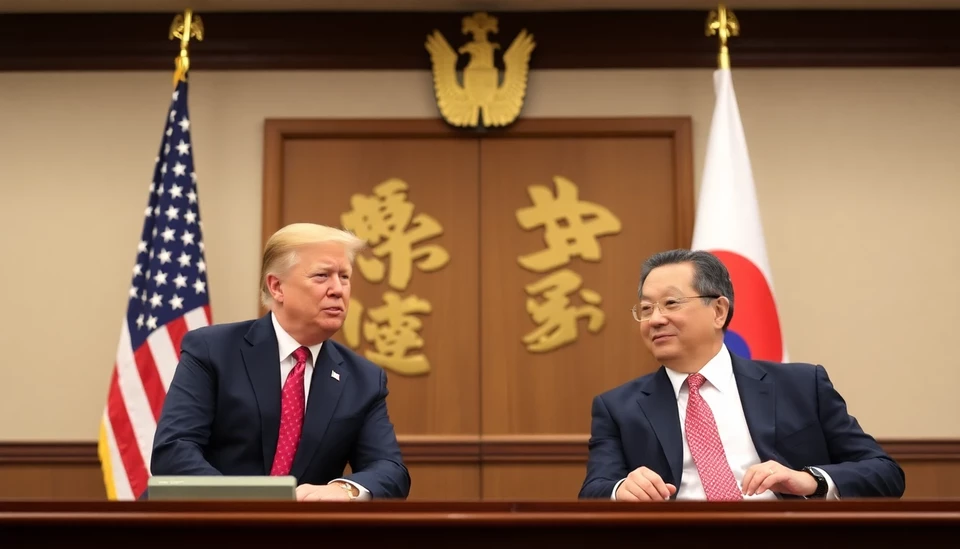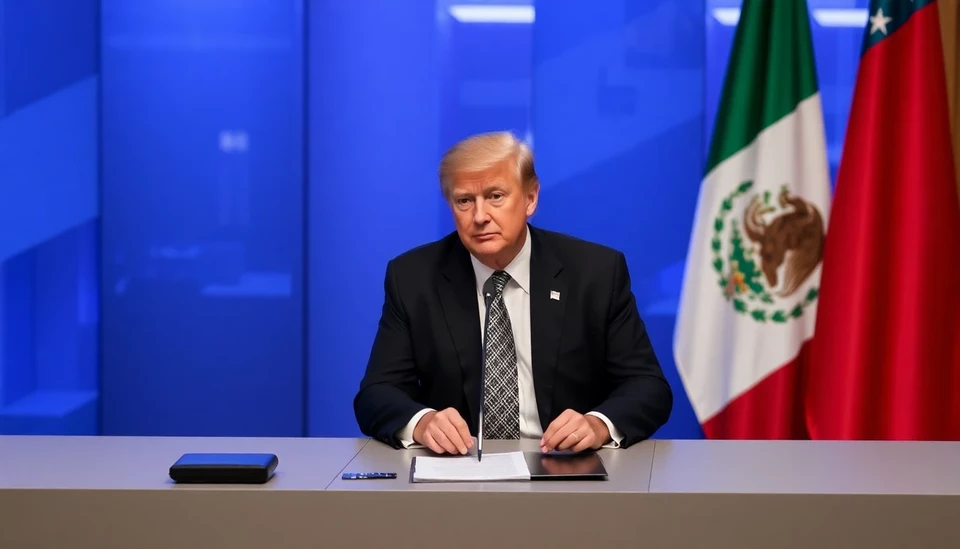
As economic tensions escalate, the United States and South Korea are gearing up for critical trade negotiations aimed at addressing the growing trade imbalances and the adverse effects of tariffs imposed by both nations. The discussions, scheduled to commence next week, come in the backdrop of increasing demands for tariff relief and economic stabilization in both countries.
The recent rise in tariffs has stirred up concerns among businesses and consumers alike in both the US and South Korea. Various industries, including automotive and electronics, have particularly felt the pinch as costs increase, making goods less competitive in the global market. Experts suggest that these negotiations will not only focus on tariff reductions but also tackle structural issues that have led to persistent trade deficits.
Already, the South Korean government has expressed its frustrations, highlighting the need for a balanced approach that considers the economic realities of both nations. South Korea's economy relies heavily on exports, and the tariffs have disrupted many supply chains, forcing manufacturers to rethink their strategies.
US trade representatives are signaling a willingness to engage in constructive dialogue. They prioritize the objectives of ensuring fair competition and addressing longstanding grievances regarding trade practices that have been a source of contention. Both sides understand that reaching an agreement is crucial; failure to do so could lead to further retaliatory measures that would exacerbate the economic situation.
Moreover, analysts predict that these negotiations will set a precedent for future trade relations not only between the two countries but also in the broader context of international trade. Observers are closely watching how this plays out, especially amid a shifting landscape marked by new trade alliances and geopolitical tensions.
In preparation for the talks, businesses from various sectors are voicing their concerns and expectations. Representatives from the automotive and tech industries have gathered to discuss their challenges and to present a unified front to trade officials, advocating for a resolution that encompasses both tariff reductions and protections against unfair trade practices.
In summary, the upcoming trade negotiations between the United States and South Korea represent a pivotal moment in their economic relations. The self-inflicted pressures of high tariffs necessitate a constructive approach aimed at creating a stable and fair trading environment. Both nations must navigate through these complexities to emerge with a mutually beneficial framework that can sustain their economies in an increasingly competitive global market.
As the context of these negotiations unfolds, businesses and consumers alike stand to be impacted significantly by the results of these discussions. The stakes are high, and all eyes will be on the negotiation table as both sides prepare to address the challenges ahead.
#TradeNegotiations #USTradePolicy #SouthKorea #TariffImpact #Economy #GlobalTrade #AutomotiveIndustry #Electronics #SupplyChain
Author: Rachel Greene




